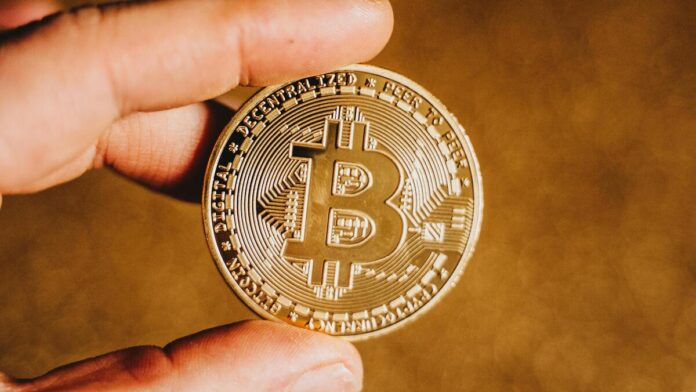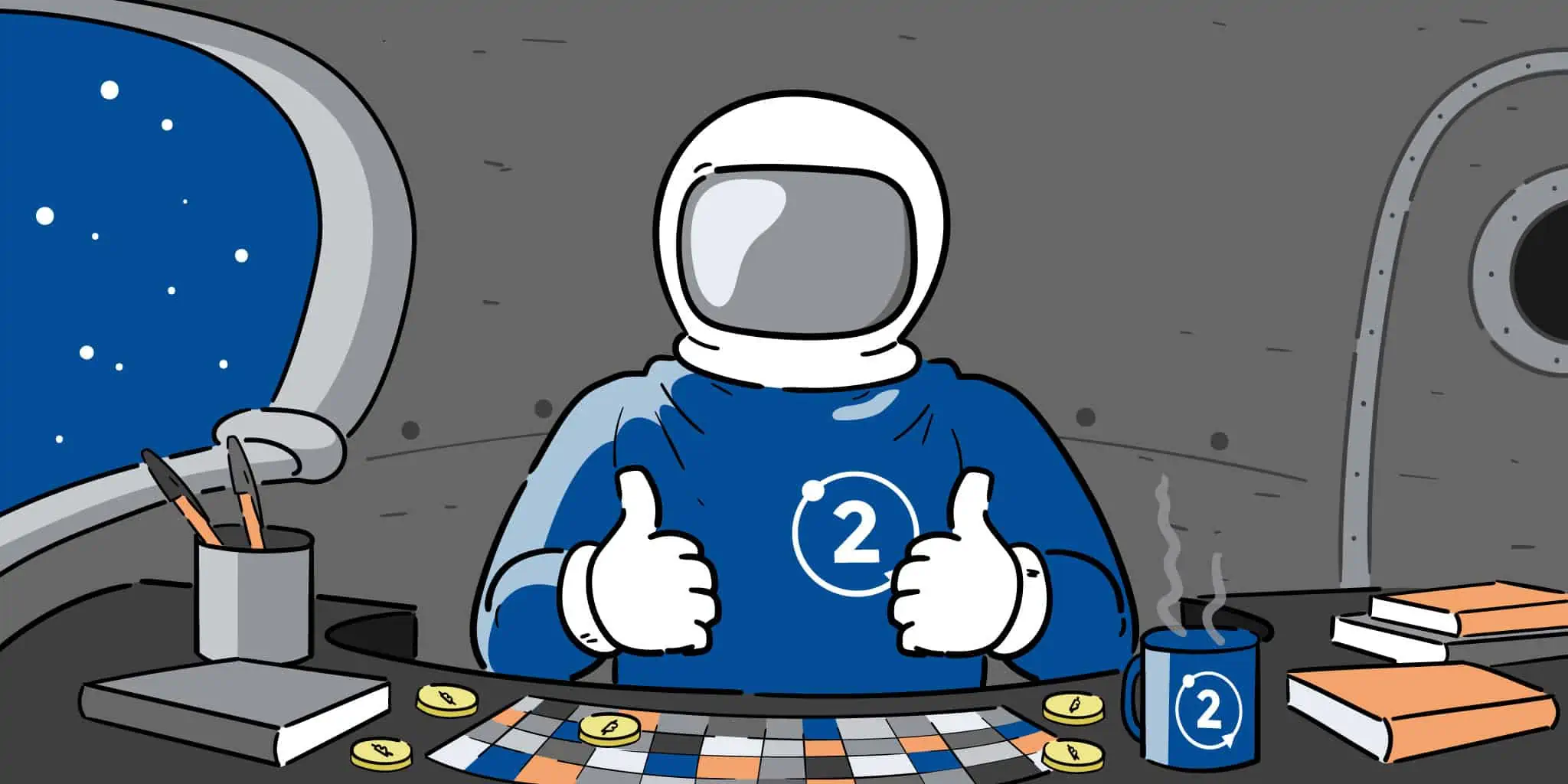
Marc Vidal, a renowned economic analyst, speaker and consultant in digital transformation, has made a statement that resonates strongly in the financial and technological fields: «Bitcoin is the new digital gold»This statement, expressed on various platforms such as his collaboration on Cadena COPE and his analyses on social networks, reflects an optimistic view on the future of the most famous cryptocurrency in the world. For Vidal, Bitcoin is not just a speculative asset, but a technological and economic revolution that is redefining the concept of value in the digital age.
The parallel between Bitcoin and gold is not new, but Vidal elevates it to a level of certainty by highlighting key similarities between the two. Like gold, Bitcoin has a limited supply—21 million units, of which more than 19 million have already been mined as of March 2025. This artificial scarcity, programmed into its code by its mysterious creator, Satoshi Nakamoto, distinguishes it from fiat currencies, whose issuance depends on the decisions of central banks. “Unlike traditional money, which is devalued by inflation and monetary policies, Bitcoin evades this manipulation,” Vidal points out, underlining its potential as a store of value in a world where trust in traditional financial institutions is shaky.
The economist points to recent events to support his thesis. Donald Trump's victory in the 2024 election, for example, coincided with a historic rally in Bitcoin, which hit $88.000 in November of that year, according to his own comments on his show. Emergency exit. Vidal interprets this increase - 40% in just 30 days - as a sign that The market sees Bitcoin as a refuge from geopolitical and economic uncertainty"Trump's pro-crypto stance has accelerated its adoption," he says, highlighting how external factors are consolidating Bitcoin as an alternative asset to conventional investments.

Basic Bitcoin Course
Basic levelStart from scratch in Bitcoin in a clear, easy, safe and quick way. This course is specially designed for beginners practically know nothing about Bitcoin.
However, Vidal's ruling is not without controversy. Critics such as Gonzalo Bernardos, another prominent economist, have called Bitcoin "a joke" or a substitute for casino roulette, arguing that its volatility and lack of tangible backing make it a risk rather than a solution. Vidal, in response, has been blunt: "Have you read anything about Bitcoin?" he replied in a public confrontation on social media, arguing that the cryptocurrency is not just a passing fad, but a disruptive technology with a solid project behind it. For him, the blockchain - the basis of Bitcoin - is "quietly revolutionizing the world" by eliminating intermediaries and offering a decentralized and transparent system.
BUY BITCOINBeyond comparisons with gold, Vidal sees Bitcoin as a tool for empowerment. While physical gold requires logistics and security for its transport and storage, Bitcoin is divisible to a millionth and transferable globally in seconds, without borders or permissions. This practicality, combined with its resistance to censorship, positions it as a unique asset in a context of accelerated digitalization. “It is the people’s money, not the banks’,” he says, aligning himself with those who see cryptocurrencies as a response to the failures of the traditional financial system, such as those experienced after the abandonment of the gold standard in 1971.
Still, Bitcoin’s path to enshrinement as “digital gold” faces challenges: its volatility remains an obstacle for conservative investors, and government regulations could slow its expansion. But for Marc Vidal, the verdict is clear: Bitcoin is not only here to stay, but is destined to be the standard of value for the digital future. In his words, “it is the asset that redefines how we understand wealth in the 21st century.”
